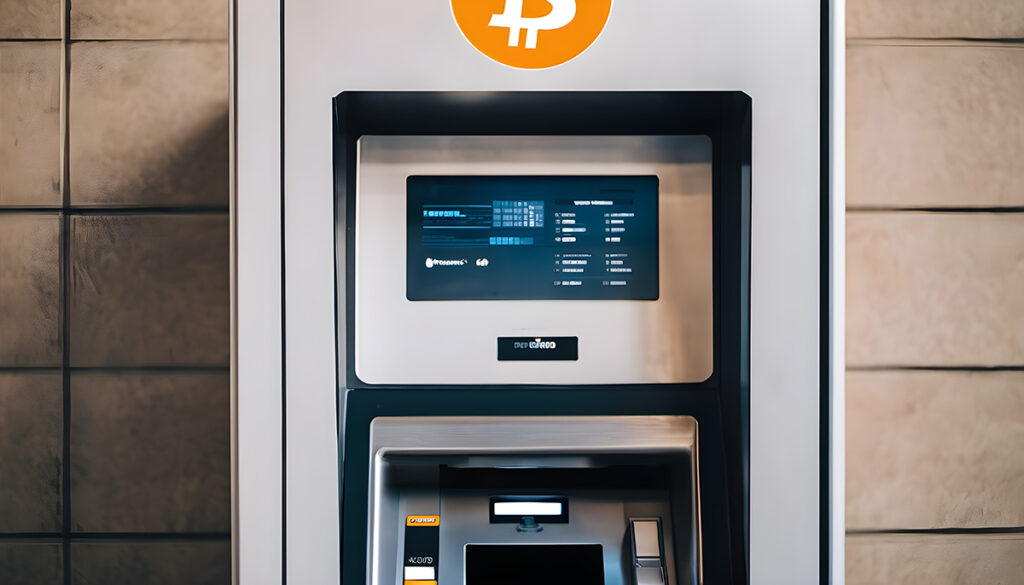Bitcoin wallets come in many forms, each with its own benefits and drawbacks. Whether you’re new to cryptocurrency or a seasoned investor, understanding these options can help you keep your Bitcoin safe. This guide explains the different types of Bitcoin wallets and how to choose the best one for your needs.
What is a Bitcoin Wallet?
A Bitcoin wallet is a tool that allows you to store, receive, and send Bitcoin. There are several types of wallets, each with different features and security levels. The main types are paper wallets, hardware wallets, and digital wallets.
Paper Wallets
A paper wallet is a physical piece of paper that contains two pieces of important information: a public key and a private key. The public key is like your Bitcoin address, which you can share with others to receive Bitcoin. The private key is like a password, allowing you to spend or transfer your Bitcoin. It’s crucial to keep the private key secret and secure.
To create a paper wallet, you generate your keys using a trusted service, then print them on paper. This process should be done offline to ensure security. Once printed, store your paper wallet in a safe, dry place away from potential damage like moisture or fire.
Hardware Wallets
Hardware wallets are physical devices designed to store your Bitcoin keys securely. They are highly secure because they are immune to computer viruses and can be used even on compromised computers. Hardware wallets are user-friendly and support many types of cryptocurrencies, making them a popular choice for both beginners and experienced users.
Popular hardware wallets like Ledger Nano S/X and Trezor offer strong security features and ease of use. They are small, portable, and often come with straightforward instructions for setup and use.
Digital Wallets
Digital wallets are applications you can install on your computer or smartphone. They provide a convenient way to access your Bitcoin for everyday transactions. There are different types of digital wallets:
- Desktop Wallets: Installed on your computer, giving you control over your keys.
- Mobile Wallets: Apps on your phone, perfect for on-the-go use.
- Web Wallets: Accessed through a browser, offering convenience but requiring trust in the service provider.
When using digital wallets, it’s important to keep your private keys secure, regularly update your wallet software, and back up your wallet to protect against data loss.
Choosing the Right Wallet
Selecting the right wallet depends on your specific needs and how you plan to use your Bitcoin. Here are some factors to consider:
- Security: For long-term storage, hardware or paper wallets are the best due to their high security. For frequent transactions, a secure digital wallet is more convenient.
- Usability: Choose a wallet that is easy to use and supports your types of cryptocurrencies.
- Accessibility: If you need to access your Bitcoin on the go, mobile wallets are great. For home use, desktop wallets are better.
Conclusion
Choosing the right Bitcoin wallet is crucial for ensuring the security and accessibility of your cryptocurrency. Paper wallets are good for long-term storage but require careful handling to avoid damage or loss. Hardware wallets offer top-notch security and ease of use, making them ideal for both storage and frequent transactions. Digital wallets are convenient for everyday use, provided you maintain strong security practices.
For those looking to buy Bitcoin quickly and easily, consider using a Cash2Bitcoin ATM. These ATMs offer a convenient way to purchase Bitcoin and transfer it to your chosen wallet immediately. Stay informed, stay secure, and enjoy the benefits of your Bitcoin investments.


